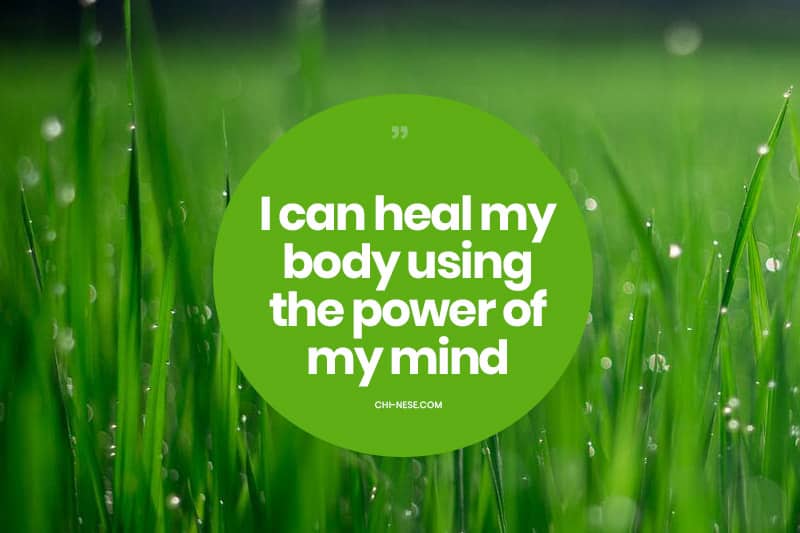Many individuals suffering from addiction feel isolated, misunderstood, and reluctant to seek help due to societal perceptions. This stigma prevents them from acknowledging their struggles and reaching out for the support they desperately need. These misconceptions will perpetuate a cycle of shame and guilt.
Recognizing these biases is the first step towards changing perspectives and encouraging open conversations about addiction. Education and awareness shift these narratives and create a more supportive environment for those affected. Keep reading to learn all about it.
Choose the Right Treatment
The first step towards healing starts with recognizing that you need professional treatment. There are outpatient programs and residential treatment facilities that provide tailored resources to meet individual needs. The best course of action should consider their specific circumstances and support network.
Seek advice from healthcare professionals to clarify available choices and help individuals determine which type of treatment will suit them best. Explore addiction treatment centers like The Grove Recovery, which focus on comprehensive rehabilitation programs designed to heal patients from the inside out. Look into the program’s approach, the duration of treatment, and the success rates should guide the decision-making process.
Recognize the Signs of Addiction
Individuals struggling with addictive behaviors may exhibit signs of withdrawal from social activities, neglecting responsibilities, or engaging in risky behaviors without regard for consequences. The people affected might start seeing changes in their appearance, sleep disturbances, and fluctuations in weight. The emotional turmoil accompanies the physical symptoms: depression, anxiety, and mood swings are the most common disorders that may arise.
The sooner addiction is acknowledged, the easier it can be managed. This realization can result in healthier lifestyles and the opportunity for effective treatment. Promoting awareness and education about the signs of addiction can decrease the stigma and encourage individuals to reach out for assistance.
The Reality of Addiction
Addiction is a complex issue that affects millions worldwide, transcending social, economic, and cultural barriers. It can manifest in the form of substance abuse, gambling, or even technology-related dependencies. The reality of addiction affects psychological, emotional, and sometimes physiological factors.
Over 21 million Americans have at least one addiction, yet only a fraction receive treatment. This lack of support exacerbates the challenges they face in their lives and deteriorates their mental health. Addressing the myths surrounding addiction can encourage those in need to seek help.
Overcoming the Stigma
Societal perceptions portray addiction as a personal failure, which only reinforces feelings of shame in those affected. Changing this conversation involves educating the public about the nature of addiction as a chronic illness, similar to diabetes or heart disease. Speak openly about the challenges faced by addicted individuals to reduce misconceptions and promote empathy.
Advocacy for policy changes in healthcare can create a more supportive framework for individuals seeking recovery. By empowering individuals and communities to share their experiences, a cultural shift can occur for better understanding and support. The importance of community-based support systems can break down barriers.
The Role of Support Systems
A robust support system is what the people affected need throughout the recovery process. Family and friends must provide encouragement, understanding, and practical help. Support groups such as Alcoholics Anonymous or Narcotics Anonymous offer an invaluable sense of community. These organizations create environments where individuals can share their stories and learn from others facing similar challenges.
Professional support from therapists and counselors can easily address the psychological aspects of addiction and provide coping mechanisms and emotional guidance. A network of reliable support will benefit individuals in recovery and engage in their healing journey. Cultivating these relationships will maintain a lasting recovery and prevent relapse. Incorporating healthy social activities can strengthen these bonds and promote a balanced lifestyle at the same time.
Moving Forward and Embracing Recovery
Recovery is a continuous journey that involves growth, courage, and resilience. Individuals must understand that setbacks may occur, and they should approach them with compassion rather than fear. Embracing a mindset of continuous improvement allows for the development of new coping strategies and skills to manage life’s challenges effectively. Focus on personal goals and self-improvement to motivate the individual and give them purpose. Hobbies, physical activities, and mindfulness practices all improve well-being and reinforce positive changes.
No matter how small, celebrate milestones to build confidence and reinforce the commitment to recovery. Recovery is not a linear process: loved ones should help them remain hopeful and persevere through difficult moments. They should surround themselves with positive influences to sustain motivation and maintain a fulfilling life beyond addiction.
Breaking the stigma surrounding addiction demands an environment where individuals feel safe to seek help. Encouraging open conversations, supporting one another through recovery, and promoting awareness will drastically change how addiction treatment works. Remember that seeking help is a sign of strength, not weakness, and recovery is possible for everyone.











